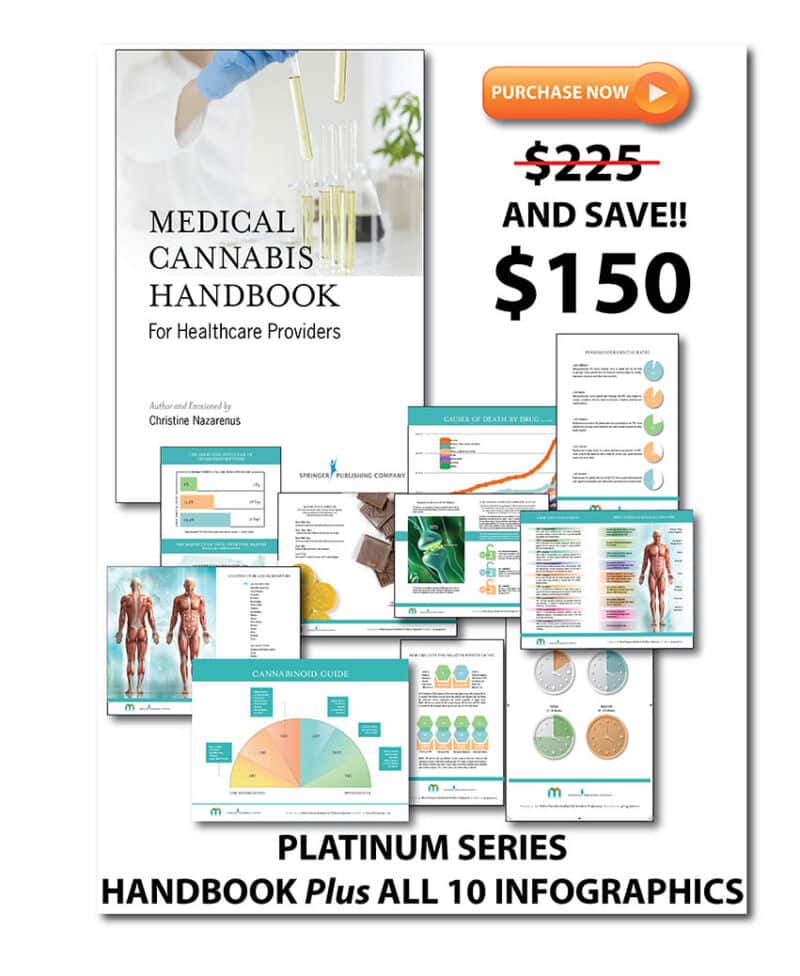With the passing of SQ 788 in June 2018, Oklahoma became the 30th U.S. state to legalize medical marijuana. Oklahoma residents over the age of 18 with a valid physician’s recommendation can apply for a medical marijuana patient license. If approved, they can purchase medical marijuana from licensed dispensaries throughout the state. There are exceptions for non-residents and patients under 18 years old as well.
Under Oklahoma Dispensary Law, Oklahoma Medical Marijuana Authority (OMMA) is in charge of licensing, a process that began in August 2018. Since that time, Oklahoma’s market has become one of the largest, fastest-growing, and most valuable in the nation. The Sooner State issued more than 7,300 medical marijuana business licenses in its first year alone, including over 1,800 dispensary approvals, and more than 5% of the state’s population is registered as medical marijuana patients — more than any other program in the U.S. Dispensaries are allowed to sell mature plants, seedlings, edibles, flower and concentrates to valid patients or their caregivers.
Where to start?
Our certification programs span from Washington state to New York, and every legal state in between. The Medical Cannabis Foundational Certification will allow you to learn the core fundamentals of cannabis science and explore cannabis industry knowledge, so you are prepared to be a certified hire in your Montana. Our courses and certifications will provide you with knowledge and skillset to enter the cannabis job market competitively, right out of the gate.
Get certified by the best cannabis education company, Medical Marijuana 411 (MM411 Inc).
What does the Medical Cannabis Foundational Certification Include?
The Medical Cannabis Foundational Certification will allow you to learn the core fundamentals of cannabis science and explore cannabis industry knowledge, so you are prepared to be a certified in your state. Our courses and certifications will provide you with knowledge and skillset to enter the cannabis job market competitively, right out of the gate. This certification is not just for medical professionals, but for budtenders who want to enroll in the most robust cannabis certification course as your educational foundation.
As you expand your cannabis educational pursuits, make sure to check out additional courses such as our Advanced CBD Certification. Medical Marijuana 411 will be adding new expert level certifications monthly. Subscribe to our e-news to stay informed!
The Medical Cannabis Foundational Course is an online course that covers a series of 12 modules designed to teach healthcare and industry professionals the fundamental topics of cannabis and includes a specific module on the legal framework, forms and other pertinent information regarding the Oklahoma Medical Marijuana regulatory framework.
In addition to Oklahoma Medical Marijuana regulations, you will learn about the federal legal framework of working with medical marijuana patients, the basics of the cannabis plant, the Endocannabinoid System, and how cannabinoid receptors work with our bodies. Additional modules will cover important topics like: how to medicate, inhalation versus ingestion, contraindications, drug-on-drug interactions, and recommended rations of specific illnesses. Did you know that Healthcare Professionals are covered by Federal Law to talk to patients about Medical Marijuana even in non-legal states by an existing statute? That’s the wealth of information contained in MM411, Inc. certifications.
This certification also includes: video testimonials from scientists and medical experts, downloadable infographics, additional visuals to support the written content followed by an exam to receive your certificate. Any individual wanting to learn more about the science of cannabis will find the course valuable. And we guarantee your complete satisfaction or your money back. To date, MM411, Inc has never had a return. Enrollees love our certifications and we stand by our courses with a 100% guarantee.
If you are a dispensary, medical group, or company and interested in multi-seat pricing or a customized, white label course, please call 844.411.0500.


